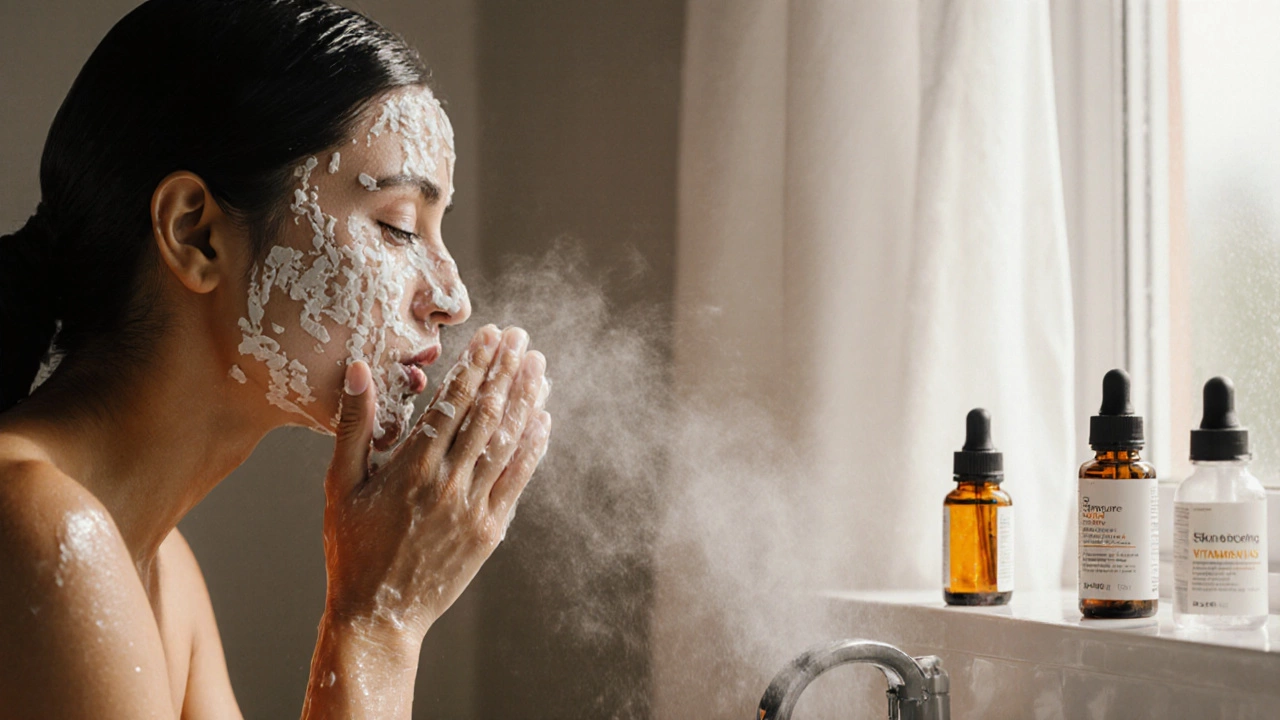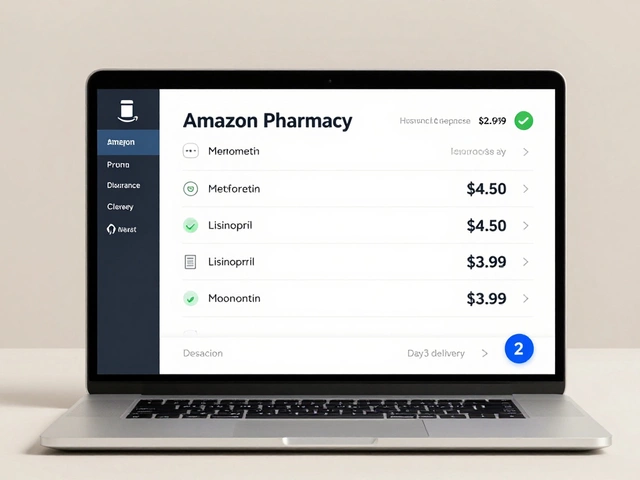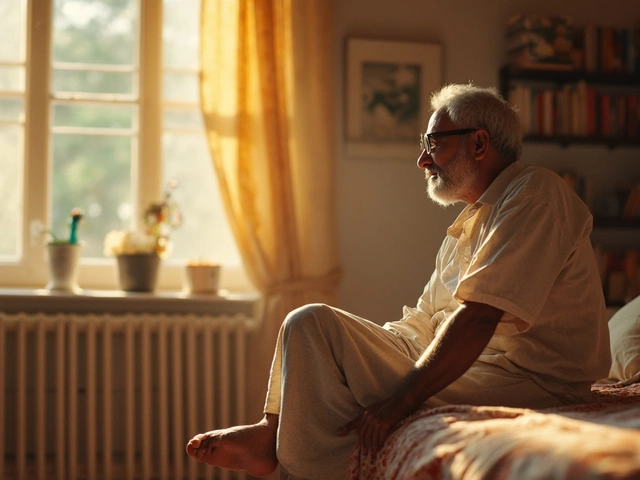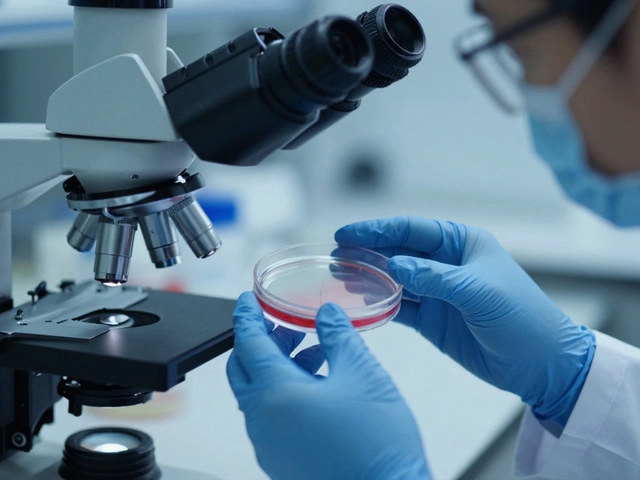Skin Type & Treatment Finder
There’s no one-size-fits-all answer to what treatment is best for skin. Your skin isn’t your neighbor’s skin. It doesn’t react the same way to retinol, laser, or a $200 serum. What works for someone with oily, acne-prone skin might make your dry, sensitive skin flare up. The truth? The best treatment depends on your skin type, your concerns, your lifestyle, and yes - your budget.
Know Your Skin Type First
You can’t pick the right treatment if you don’t know what you’re working with. Most people think they have "normal" skin, but that’s rare. In India’s climate - hot, humid, and polluted - most skin types lean toward oily, combination, or sensitive.
- Oily skin: Shiny by midday, clogged pores, frequent breakouts. Common in teens and young adults.
- Dry skin: Flaky, tight, itchy. Often worsens in winter or with harsh cleansers.
- Combination: Oily T-zone (forehead, nose, chin), dry cheeks. The most common type.
- Sensitive skin: Redness, stinging, reactions to fragrances or alcohol-based products.
Try this simple test: Wash your face with a gentle cleanser, pat dry, and wait an hour without applying anything. If your nose and forehead shine, you’re likely oily or combination. If your skin feels tight and looks dull, you’re probably dry. Redness or burning after using a product? Sensitive skin.
Acne? Start Here
Acne is the #1 skin concern in India, especially among teens and young adults. Over-the-counter benzoyl peroxide or salicylic acid can help mild cases. But if you’re dealing with deep, painful cysts or scarring, you need more.
For moderate to severe acne, dermatologists in Bangalore commonly prescribe:
- Topical retinoids: Tretinoin or adapalene. They unclog pores and reduce inflammation. Takes 6-8 weeks to show results.
- Oral antibiotics: Doxycycline or minocycline. Used short-term (3-6 months) to reduce bacteria and redness.
- Oral contraceptives: For women with hormonal acne (flares around periods). Not for everyone.
- Isotretinoin (Accutane): For severe, scarring acne. Requires monthly blood tests and strict monitoring. Works for 80% of patients after one course.
Don’t skip sunscreen. Many acne treatments make skin sun-sensitive. Use a non-comedogenic, oil-free SPF 30+ every day - even if it’s cloudy.
Signs of Aging? It’s Not Just Wrinkles
By your late 20s and 30s, skin starts losing collagen. You might notice fine lines, dullness, or uneven tone - not deep wrinkles yet. That’s when prevention matters more than correction.
Here’s what actually works for early aging:
- Vitamin C serums: Brightens skin, fights free radicals from pollution. Look for 10-20% L-ascorbic acid in a dark bottle.
- Retinoids (again): The gold standard. Tretinoin, adapalene, or even over-the-counter retinol. Stimulates collagen, smooths texture.
- Peptides: Signal skin to produce more collagen. Less irritating than retinoids, good for sensitive skin.
- Chemical peels (glycolic or lactic acid): Done every 4-6 weeks by a dermatologist. Removes dead skin, evens tone, boosts glow.
Don’t waste money on expensive creams that promise "miracle results." The real heroes are simple, science-backed ingredients. A $25 retinol serum from a trusted brand works better than a $200 cream with 15 fancy names on the label.
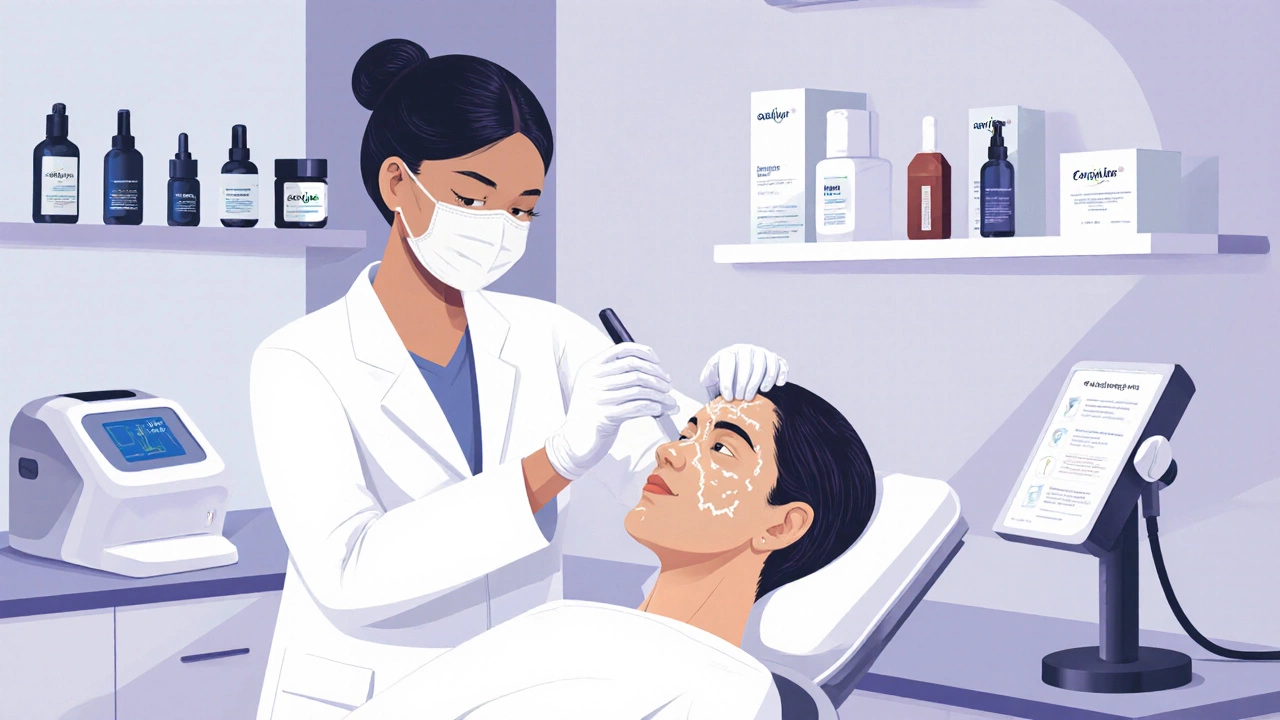
Laser and Light Therapies - Worth It?
Laser treatments are popular, but they’re not for everyone. They’re powerful tools - and they can go wrong if done by untrained staff.
Here’s what dermatologists use in India for common issues:
| Laser Type | Best For | Sessions Needed | Downtime |
|---|---|---|---|
| Q-switched Nd:YAG | Tattoo removal, pigmentation (melasma, sunspots) | 4-8 | 2-3 days |
| Fraxel (Fractional) | Acne scars, fine lines, texture | 3-5 | 5-7 days |
| IPL (Intense Pulsed Light) | Redness, broken capillaries, mild pigmentation | 3-6 | 1-2 days |
| CO2 Laser | Deep wrinkles, severe scarring | 1-2 | 1-2 weeks |
Cost in India ranges from ₹3,000 to ₹15,000 per session. Always check the clinic’s credentials. Many beauty parlors in malls offer "laser facials" - these are often IPL or low-power devices that won’t give you real results. Stick to licensed dermatologists.
What to Avoid
Some "treatments" are more harmful than helpful. Here’s what to skip:
- DIY lemon juice or baking soda scrubs: Lemon is highly acidic and can cause burns. Baking soda strips your skin’s natural barrier.
- Over-exfoliating: Scrubbing daily or using acid peels every week leads to irritation, redness, and thinning skin.
- Skipping sunscreen: Even if you’re using the best treatment, without SPF, you undo progress. UV rays worsen acne marks, pigmentation, and aging.
- Buying products based on Instagram influencers: Their skin is lit, filtered, and often treated professionally. What works for them might not work for you.
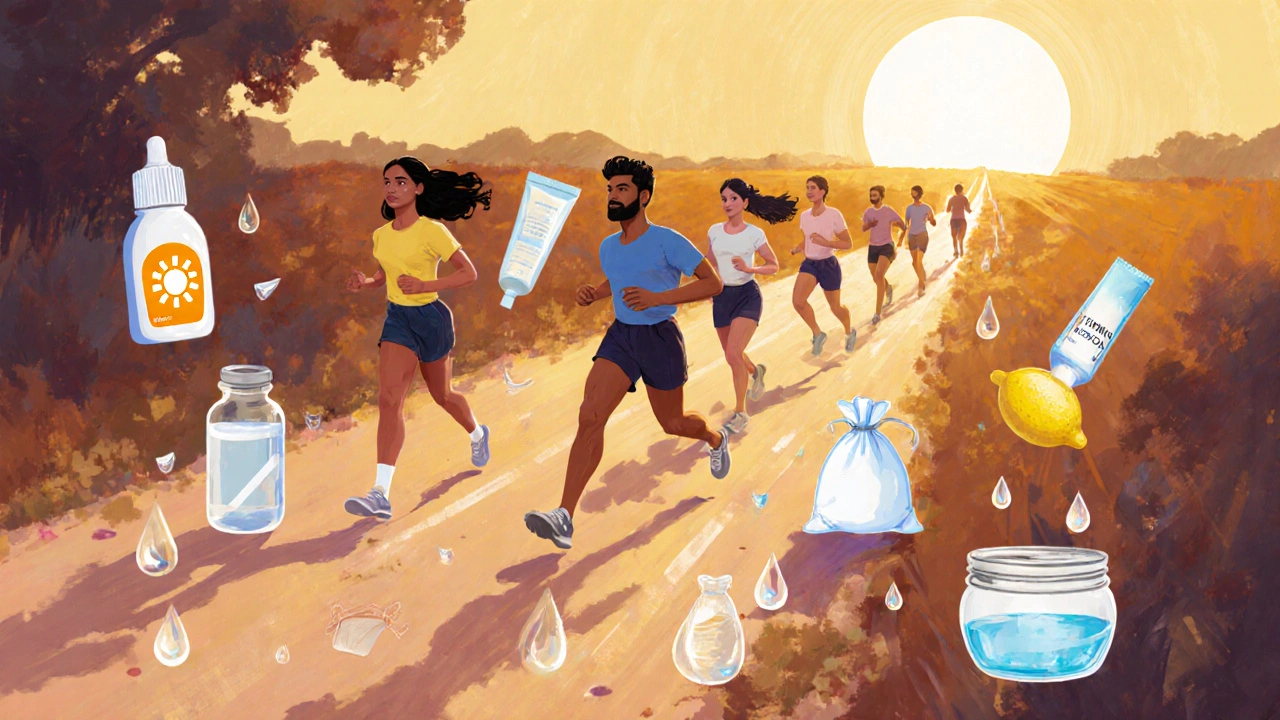
Simple Routine That Works for Most People
You don’t need 10 steps. Three to four consistent products are enough:
- Morning: Gentle cleanser → Vitamin C serum → Moisturizer → SPF 30+
- Night: Cleanser → Retinoid (2-3 times a week to start) → Moisturizer
That’s it. No toners, no essences, no 12-step routines. Stick to this for 3 months. You’ll see a difference.
If you have acne, add a benzoyl peroxide wash 2-3 times a week. If you’re dry, swap the retinoid for a peptide cream on non-retinoid nights.
When to See a Dermatologist
Try OTC products for 8-12 weeks. If nothing changes - or if your skin gets worse - it’s time to see a dermatologist. Don’t wait until you have scars or dark patches.
Signs you need professional help:
- Acne that leaves marks or scars
- Dark spots that won’t fade
- Redness, itching, or flaking that doesn’t improve
- Worried about skin cancer (new mole, changing spot, non-healing sore)
In Bangalore, dermatologists are widely available. A consultation costs ₹500-₹1,500. It’s cheaper than wasting money on products that don’t work.
Final Thought: Skin Health Is a Marathon
There’s no magic pill, no overnight fix. The best treatment is consistency. Sunscreen every day. No picking at pimples. Enough sleep. Drink water. Eat vegetables. Stress messes with your skin more than you think.
Good skin isn’t about being flawless. It’s about being healthy, clear, and resilient. Pick one concern - acne, dullness, or dryness - and fix that first. Don’t try to solve everything at once. Progress, not perfection, is the goal.
What is the fastest way to improve skin?
The fastest improvement comes from consistent sunscreen use and a simple routine with retinoids and vitamin C. You’ll notice brighter skin and fewer breakouts in 4-6 weeks. Quick fixes like chemical peels or lasers can help, but only if you maintain daily care afterward.
Can natural remedies cure skin problems?
Some natural ingredients like aloe vera or honey can soothe irritation, but they don’t treat acne, melasma, or aging. Turmeric masks won’t fade dark spots. Coconut oil can clog pores. Natural doesn’t mean safe or effective. Stick to clinically proven ingredients unless your dermatologist recommends otherwise.
How often should I get a facial?
Professional facials aren’t necessary for healthy skin. If you want one for relaxation, once a month is fine. But don’t expect results. For real improvement, focus on daily skincare and dermatologist treatments like chemical peels or lasers - not spa facials.
Is expensive skincare better than drugstore brands?
Not always. Many high-end brands charge for packaging and branding. Look at the ingredient list. A drugstore retinol serum with 0.3% retinol and hyaluronic acid works just as well as a $120 version. Brands like The Ordinary, CeraVe, and Neutrogena offer effective, affordable options.
Does diet affect skin?
Yes. High sugar and dairy can trigger acne in some people. Eating too many fried foods makes skin look dull. Focus on whole foods - vegetables, fruits, nuts, lean proteins. Omega-3s from fish or flaxseeds help reduce inflammation. But diet alone won’t fix acne or wrinkles - it supports your skincare routine.
